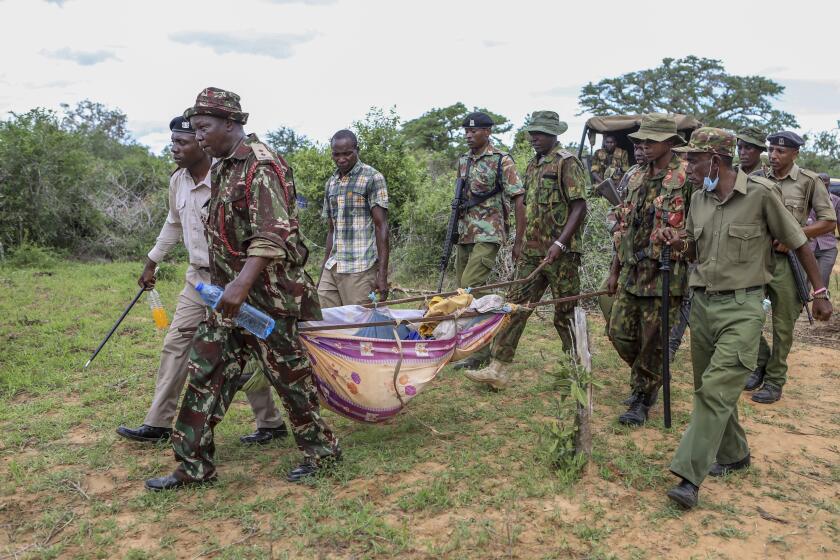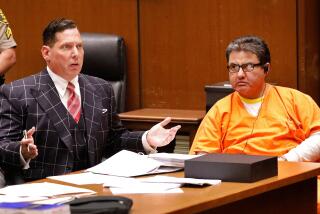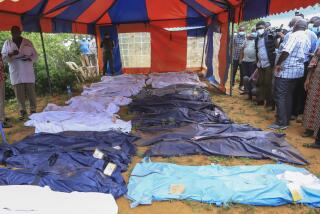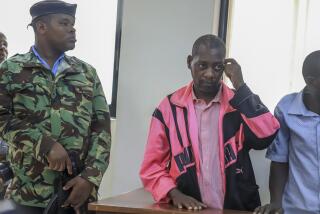Kenya doomsday cult leader found guilty of illegal filming, but yet to be charged over mass deaths
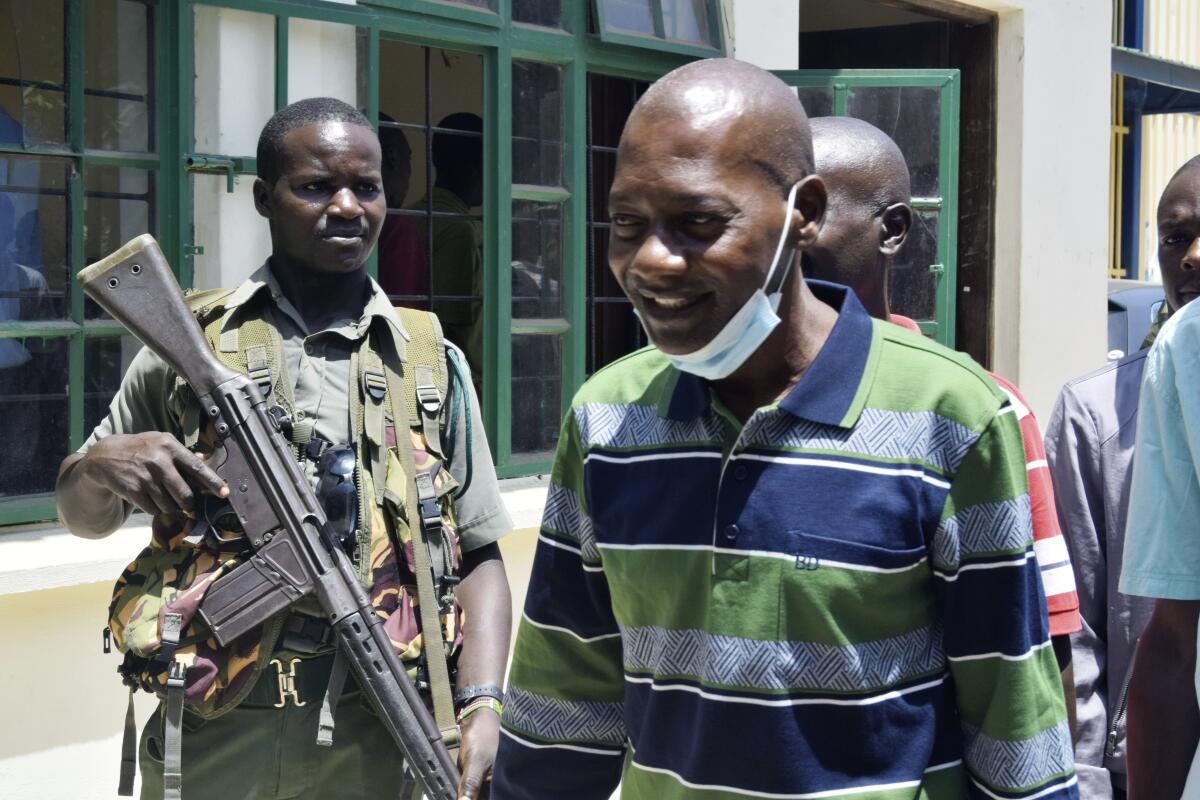
NAIROBI, Kenya — Paul Mackenzie, the Kenyan preacher at the center of a doomsday cult in the country that led to the deaths of more than 400 people, was on Friday found guilty of operating a studio and distributing films without a license.
The senior resident magistrate in the town of Malindi, Olga Onalo, found Mackenzie guilty of exhibition of films through his Times Television without approval of the Kenya Film Classification Board.
The preacher has been in police custody for more than six months now since he was arrested in April, following the discovery of hundreds of bodies in mass graves in a forested area across his 800-acre property in the coastal county of Kilifi.
Prosecutors say Mackenzie ordered his congregants to starve to death in order to meet Jesus.
The number of people who died after a pastor ordered his followers to starve to death in order to meet Jesus has surpassed 300.
However, he has not been formally charged over the deaths, despite being arraigned in court on numerous occasions since his arrest.
On Friday he was acquitted of additional charges of influencing children to not attend school and using radical preaching to incite Christians against Hindus, Buddhists and Muslims.
He will be sentenced for the film-related offenses on Dec. 1 and could face up to five years in prison.
On Thursday, prosecutors applied to have Mackenzie held in custody for six more months to allow police to complete their investigations, which include the search for dozens of people still missing.
Since his arrest, there have been growing calls for the government to regulate churches in Kenya.
More to Read
Sign up for Essential California
The most important California stories and recommendations in your inbox every morning.
You may occasionally receive promotional content from the Los Angeles Times.
